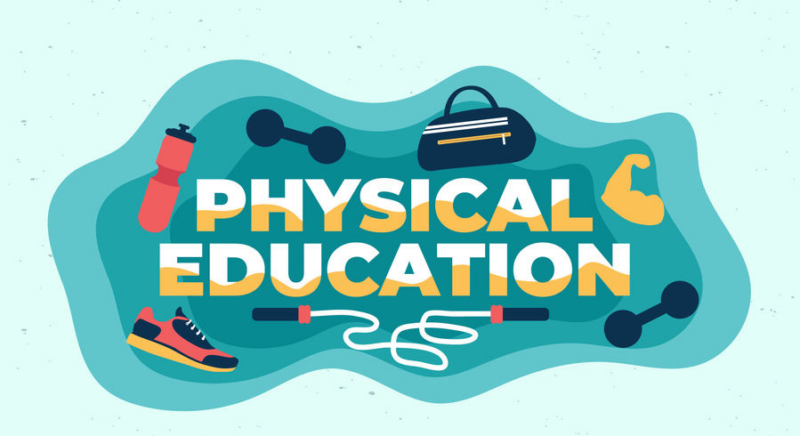Physical education (PE) plays a pivotal role in promoting the overall development of individuals. It encompasses a range of activities and exercises that contribute to physical fitness, motor skill development, and cognitive growth. PE is an essential component of educational curricula worldwide, aiming to instill lifelong habits of physical activity and well-being. This article explores the significance of physical education in schools and its various benefits for individuals.
Definition and Scope of Physical Education:
Physical education is an academic discipline that focuses on promoting physical activity, fitness, and overall well-being through planned and structured exercises. It involves various activities such as games, sports, gymnastics, dance, and fitness training. PE programs are designed to develop motor skills, physical fitness, knowledge about healthy lifestyles, and social skills.
Historical Perspective:
The roots of physical education can be traced back to ancient civilizations, where physical training and fitness were integral parts of military training and athletic contests. Throughout history, physical education has evolved to address the changing needs and values of societies. The article explores the historical milestones and significant contributors to the development of PE as an academic discipline.
Objectives of Physical Education:
Physical education aims to achieve several objectives that benefit individuals physically, mentally, and socially. These objectives include promoting physical fitness, developing motor skills and coordination, fostering teamwork and sportsmanship, instilling a lifelong love for physical activity, and enhancing cognitive function and academic performance.
Benefits of Physical Education:
Physical education offers numerous benefits to individuals at various stages of life. It contributes to physical fitness, which helps prevent chronic diseases such as obesity, cardiovascular ailments, and diabetes. Regular participation in PE enhances muscle strength, endurance, flexibility, and cardiovascular health. Additionally, PE improves mental health by reducing stress, anxiety, and symptoms of depression. It also cultivates social skills, teamwork, and leadership abilities.
Integration with Academic Curriculum:
Physical education is not limited to physical activity alone; it also supports academic achievement. Research has shown that regular participation in physical education positively correlates with improved cognitive function, attention span, and academic performance. The article discusses the integration of physical education with other academic disciplines and the potential benefits of this approach.
Inclusive Physical Education:
Inclusive physical education emphasizes the importance of accommodating students with diverse abilities and needs. The article highlights the significance of inclusive PE programs, strategies for creating an inclusive environment, and the benefits of inclusive physical education for all students.
Challenges and Solutions:
Implementing effective physical education programs can face various challenges, such as limited resources, time constraints, and competing academic priorities. The article explores these challenges and presents potential solutions, including policy changes, community involvement, teacher training, and collaboration with external organizations.
Technology and Physical Education:
In recent years, technology has emerged as a valuable tool in enhancing physical education. The article discusses the integration of technology in PE, including the use of wearable devices, interactive fitness games, virtual reality, and online resources. It explores the potential benefits of incorporating technology and the importance of maintaining a balance between technology and physical activity.
Conclusion:
Physical education is a crucial component of educational systems worldwide, promoting physical fitness, motor skill development, and overall well-being. It offers numerous benefits, including improved physical health, mental well-being, academic performance, and social skills. By recognizing the significance of physical education and addressing the associated challenges, society can foster a culture of lifelong physical activity and health-conscious individuals.


